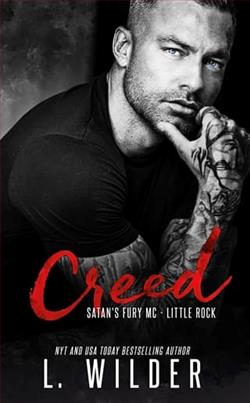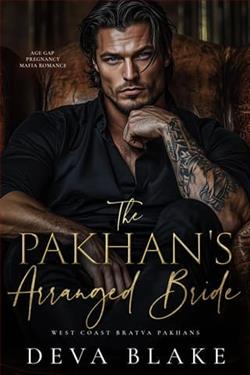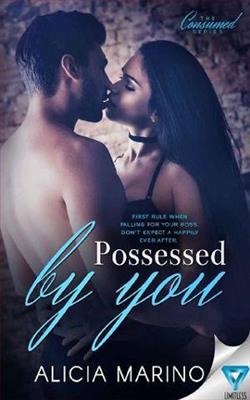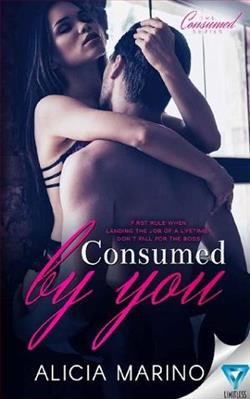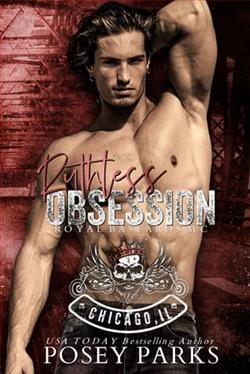Page 75 of Holmes, Margaret and Poe
“Ready?” Ali said.
Nana Mama nodded.
Ali said, “Remember to look at the camera. That way they’ll all think you’re looking right at them.”
“Got it,” she said. “Let’s go.”
Ali hit a key, and the Zoom room began to fill with the faces of teenagers, some looking at Nana Mama curiously and others completely bored or studying their phones.
“Hello,” Nana said. “My name is Regina Cross, but you can call me Miss Reggie. Pay attention, now. I am older than you think, so I can’t promise I won’t keel over and go toes-up in the few minutes they’ve given me to talk to you.”
Several of the students laughed. Others sat up in their chairs.
“How many of you are seniors?” Nana Mama asked.
Half the students raised their hands.
She held up the novelThe Color Purpleby Alice Walker. “Who has done the assigned reading?”
Many young women held up their hands. Only a handful of the young men did.
“Matthew Gundry,” Nana Mama said, picking one boy who was slouched down, staring dumbly at the screen. “Have you even started it?”
Gundry sat up, shrugged. “Didn’t see the point.”
“Really? I see the point of this book in every one of you — you’re all tired of your situation; you feel like you have no say in your life, that you’re helpless, that your life is unfair somehow. Isn’t that about right, Matthew?”
Gundry’s brow furrowed. “I mean, yeah, I guess. Who doesn’t want their life to be better somehow?”
Many of the other kids on the screen were nodding.
Nana Mama said, “Those of you who have read AliceWalker’s masterpiece: Celie’s life is a lot worse than yours, correct?”
All the readers in the class agreed.
Nana Mama picked one, said, “Tell us, Cheryl Walsh.”
Walsh pushed her glasses farther up the bridge of her nose and said, “Way worse, Miss Reggie. People treat her horribly. I mean, what Celie goes through is, like, not to be believed. One terrible thing after another.”
“And how is the book written?”
“Like, it’s Celie writing these letters to God because no one else listens to her?”
“That’s right — Celie has no voice except in those letters. But despite everything she goes through, she manages to retain her humanity, her inherent goodness, doesn’t she?”
The ones who’d read the book nodded.
Walsh said, “In the end, it’s like she outlasts every bad person and every bad situation, and gradually, she’s the one who comes out of it better. Comes out on top, I mean.”
“And she stays true to herself, and she’s at peace because of it,” Nana Mama said.
The students who’d read the book all nodded again. All the students were listening intently.
“There are many lessons in this book,” Nana Mama went on, holding the novel up again. “Too many to talk about in the short time they’ve given me to speak with you today. But the one I hope you learn well is that no matter your circumstance — even if you’re trapped in a life of real violence and misery, as Celie was — you can endure, and you can come out of it a better person.”
She paused, then took a step toward the camera. “Is that the kind of story you might be able to relate to, Mr. Gundry?”
The kid who’d been slouched down tried not to smile. “Yeah, maybe.”









